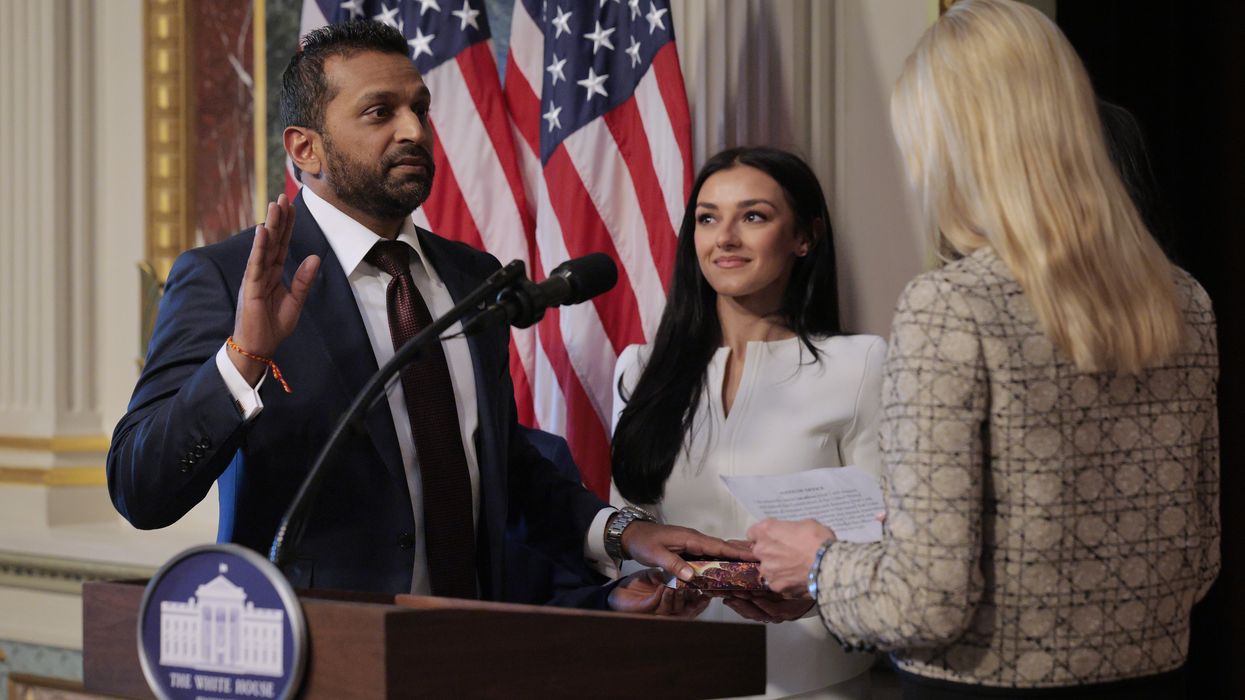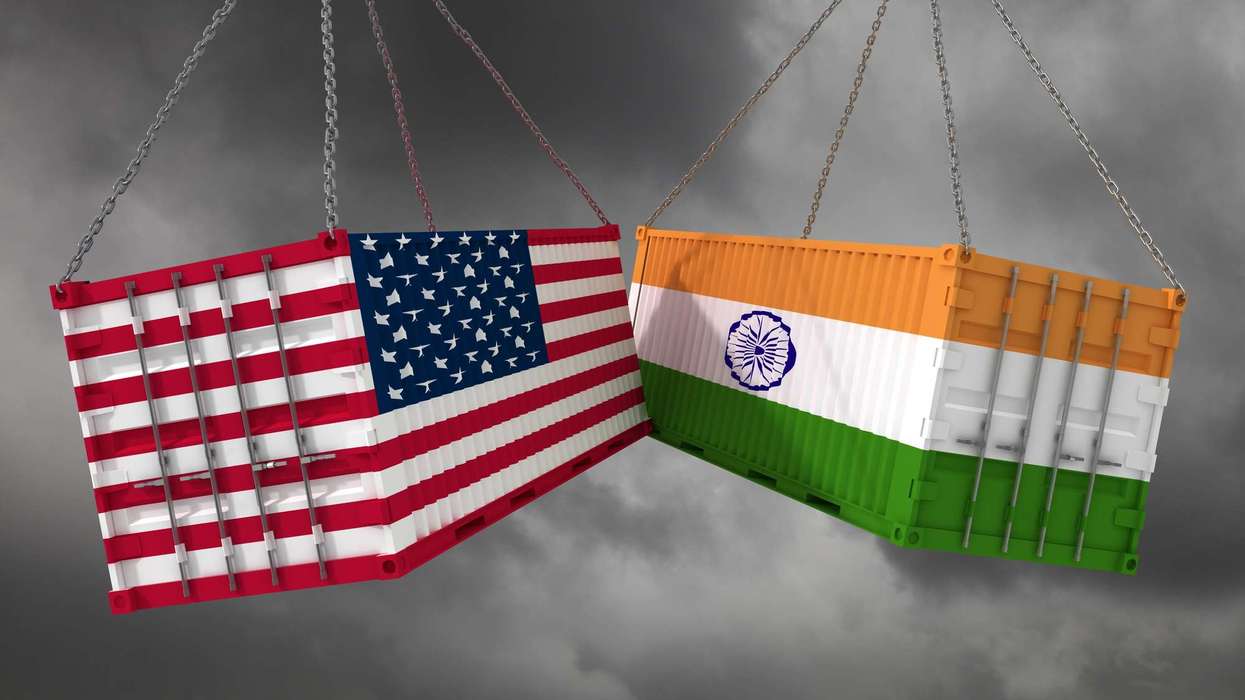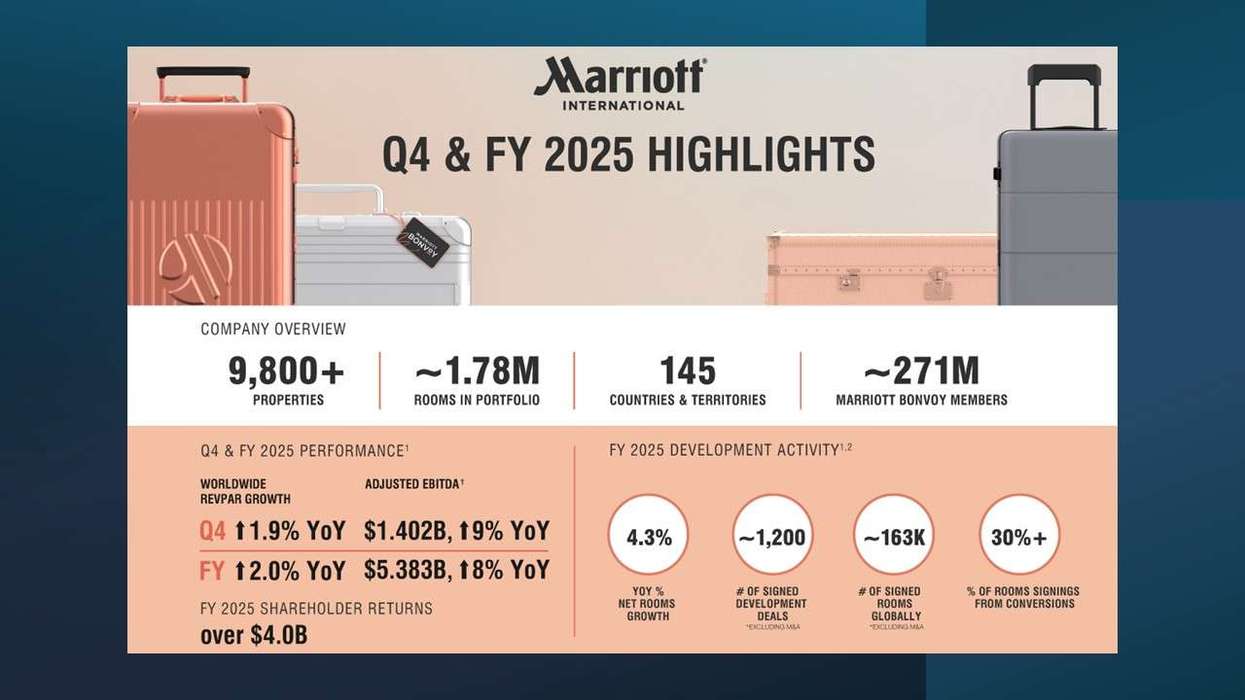AAHOA Applauds Kash Patel’s Historic FBI Appointment
KASHYAP “KASH” PATEL is now the ninth director of the Federal Bureau of Investigation after a narrow 51 to 49 Senate vote. He is the first Indian American to hold the position.
AAHOA, which endorsed Patel for the role, congratulated him following President Donald Trump’s official confirmation. Miraj Patel, AAHOA chairman, called Patel’s confirmation a pivotal step in strengthening national security.
"His experience and dedication to public service will help address complex challenges, and we are optimistic about the positive impact his leadership will have on businesses and communities alike,” he said.
In a post on X, the White House wrote, “Kash Patel's confirmation as FBI Director is a crucial step in executing President Trump's agenda to restore integrity and uphold the rule of law.”
Kash Patel was born to Gujarati parents in Garden City, New York, on February 25, 1980. He graduated from the University of Richmond and later earned a Juris Doctor from Pace University School of Law. He began his career as a public defender, handling cases ranging from murder and narco-trafficking to complex financial crimes in state and federal courts.
Though born and raised in the U.S., Patel has often spoken about how his Indian heritage shaped his values and career. At his Senate confirmation hearing, he greeted his parents with “Jai Shree Krishna.” The 45-year-old has held several high-profile positions, including deputy assistant to the President and senior director for counterterrorism at the National Security Council.
GOP Senators Lisa Murkowski and Susan Collins, along with all Senate Democrats, voted against his confirmation, according to NPR. He has publicly suggested prosecuting journalists if confirmed as FBI director and turning the bureau’s headquarters into a “museum of the deep state.”
In a news release, the U.S. Senate Committee on the Judiciary called Patel a “radical extremist.” The committee cited a list he published of 60 “members of the deep state” that included Democrats and Republicans, including Bill Barr, former U.S. attorney general during Trump’s first administration who opposed Trump’s claims that the 2020 election was rigged.
“Kash Patel is an extreme MAGA loyalist who would make our country less safe. He is blindly loyal to Donald Trump and Donald Trump only,” said Senate Democratic Whip Dick Durbin, ranking member of the committee. “He has a trail of grievances and history of lashing out at those who don’t agree with him. That’s not the kind of nonpartisan, law enforcement professional who should lead the FBI.”
Democrats repeatedly pressed him on these statements, along with his qualifications and ethics, Al Jazeera reported. However, he secured party support, including from Mitch McConnell, who had opposed other Trump nominees. Patel narrowly cleared the final hurdle as all Senate Democrats opposed him, unlike the last three FBI picks, who secured at least 90 votes.
He vowed to rebuild the FBI into an agency Americans can trust.
"To those who seek to harm Americans—consider this your warning. We will hunt you down in every corner of this planet. Mission First. America Always. Let's get to work,” Patel posted on X.
The FBI director oversees 37,000 employees, 55 U.S. field offices, 350 satellite offices and more than 60 foreign locations covering nearly 200 countries, according to BBC.
AAHOA backed Patel’s nomination, citing his public service and national security expertise as critical for tackling challenges facing both the FBI and the hospitality industry. The association is at the forefront of combatting human trafficking through education, certification, and partnerships with organizations like Businesses Ending Slavery & Trafficking. AAHOA views Patel’s counterterrorism background as a valuable asset to this mission.
AAHOA members own over 36,000 hotels, employ more than 1.1 million people, and contribute over $371.4 billion to the U.S. GDP, the association said in a statement. The hospitality industry plays a critical role in public safety, including efforts to combat human trafficking and enhance security measures.
Laura Lee Blake, AAHOA’s president and CEO, emphasized the link between security and economic stability.
"As an industry committed to safe and welcoming environments, we support strong FBI leadership that prioritizes enforcement, stability, and proactive measures to protect communities,” she said.





